Sneaky Habits That Could Be Secretly Sabotaging Your Lean Goals
Category: Gut Health
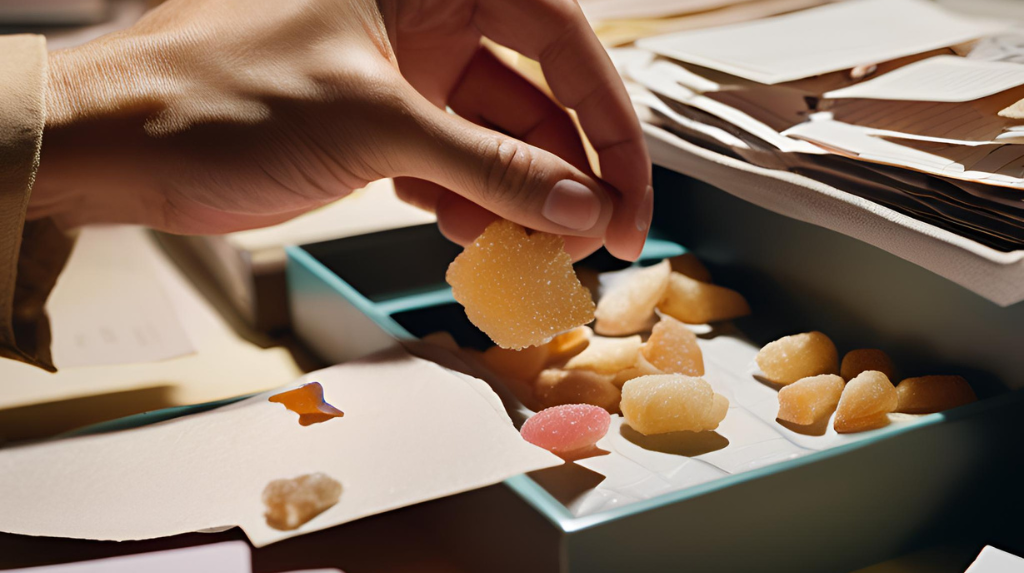
Hey everyone, hopefully you had a great weekend! While the Canadians enjoyed Thanksgiving we’re all getting ready for Halloween so what a great time to get into Part 3 of *Leaner for Life*! We’ve already covered metabolism and food choices, today, we’re getting into those sneaky habits that could be secretly sabotaging your lean goals. You might not even realize you’re doing them, but today just might change that, so heads up, we’re about to dive into some surprising truths that will have you saying, ‘Wait, what?!’

Alright, first up: “Mindless Eating“. We all know eating while distracted – whether it’s in front of the TV or scrolling through your phone – isn’t a great idea but here’s something even more alarming. When you eat out of boredom, stress, or habit, your brain starts to disconnect from your body’s natural hunger and fullness cues. This means you’re more likely to eat past the point of feeling satisfied, even when you don’t need more food.

But here’s the real kicker: Stress-eating or emotional eating triggers the release of cortisol, the stress hormone that tells your body to *store fat*, especially around your belly. And there’s more. Stress-eating can also throw off your gut microbiome, the good bacteria in your digestive system which can lead to bloating, digestive issues, and even inflammation. So mindless eating isn’t just about extra calories; it’s also about disrupting the balance in your gut, which plays a huge role in your overall health.

The fix? Start checking in with yourself when you feel like snacking, Ask yourself, ‘Am I really hungry, or am I just trying to soothe something else?’ While you’re thinking about that, go grab a glass of water, a cup of tea or coffee and btw? Learning to separate real hunger from emotional eating or thirst will help your body get back in tune with its natural signals and stop that fat-storage cycle.

Next up is “Skipping Breakfast“. Now, I know some of you practice intermittent fasting, and you’re probably wondering, ‘How does this fit in for me?’ Here’s the key: it’s all about intentionality. If you’re following a structured intermittent fasting plan and timing your meals strategically, that can work wonders for many people but if you’re just randomly skipping breakfast, it can actually mess with your hunger signals and lead to overeating later in the day.
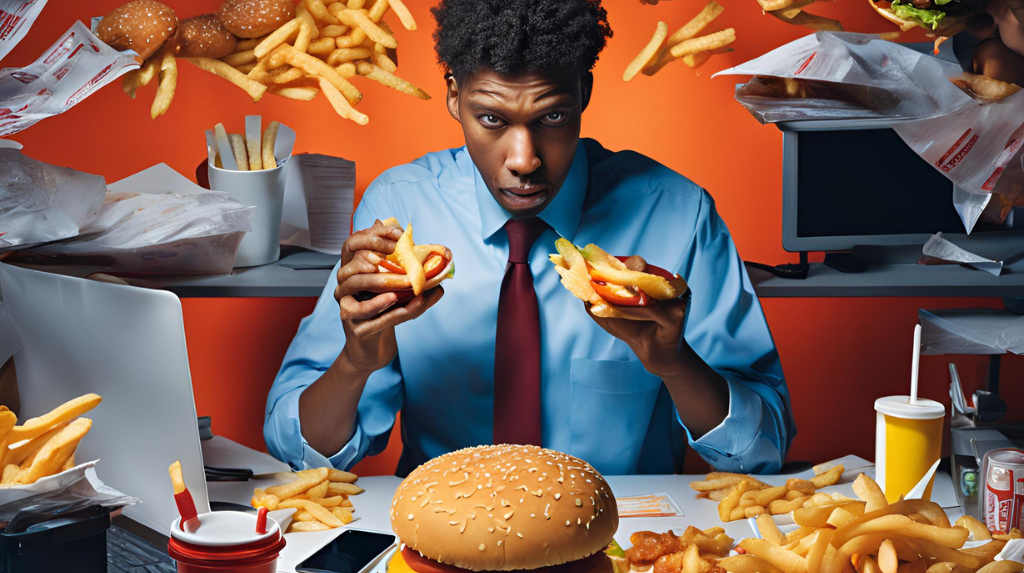
Without a balanced first meal—especially one packed with protein—it’s harder to keep cravings and hunger in check. Your body is essentially playing catch-up, which is why you might find yourself overindulging in the afternoon or evening. And here’s something a lot of people don’t know: irregularly skipping meals can mess with the production of leptin—the hormone that tells your body when you’re full. Over time, this can make it harder for your body to regulate hunger naturally.

What’s the takeaway? If you’re fasting, make sure that when you do ‘break your fast‘, you’re choosing a nutrient-dense, balanced meal that helps you stay in control of hunger. And if you’re not fasting, consider breakfast an opportunity to fuel your body for the day ahead, making it easier to avoid overeating later.
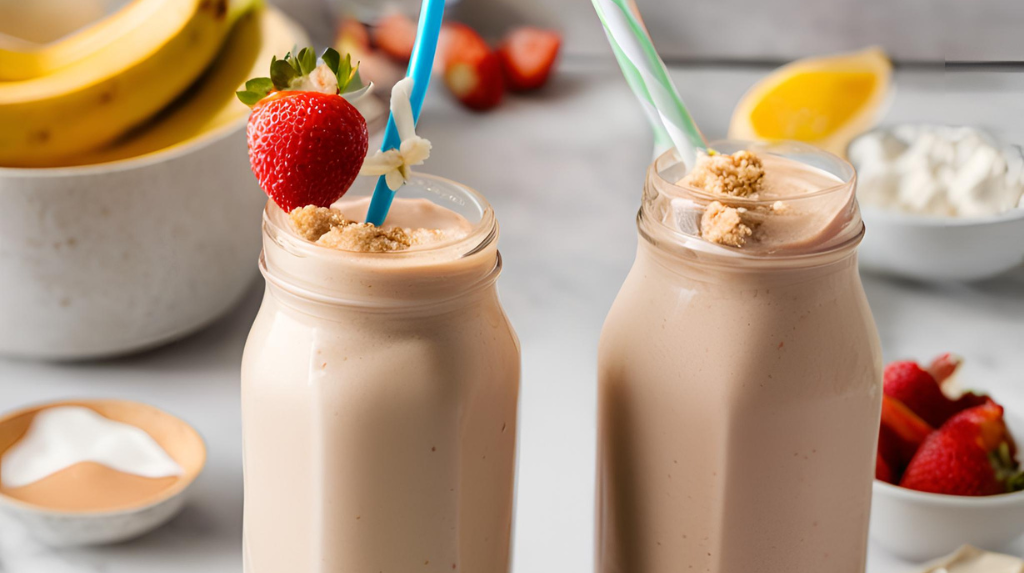
Now let’s tackle “liquid calories”. We all know sugary drinks like soda or those fancy coffee drinks are loaded with empty calories, but here’s something most people don’t realize: Even so-called ‘diet’ drinks with artificial sweeteners could be tripping you up. Research shows that artificial sweeteners can actually increase your cravings for sweet foods by messing with your brain’s reward system, making you more likely to overeat later. And yes, that includes those zero-calorie sodas!

Hang on though, what what about stevia and xylitol you ask? These natural sweeteners are definitely better options as they don’t spike your insulin levels or mess with your hunger hormones like artificial sweeteners do. However, while they’re a safer choice, the key is still moderation. Even with stevia and xylitol, if you’re constantly craving sweet things, it could lead to overeating in other areas.
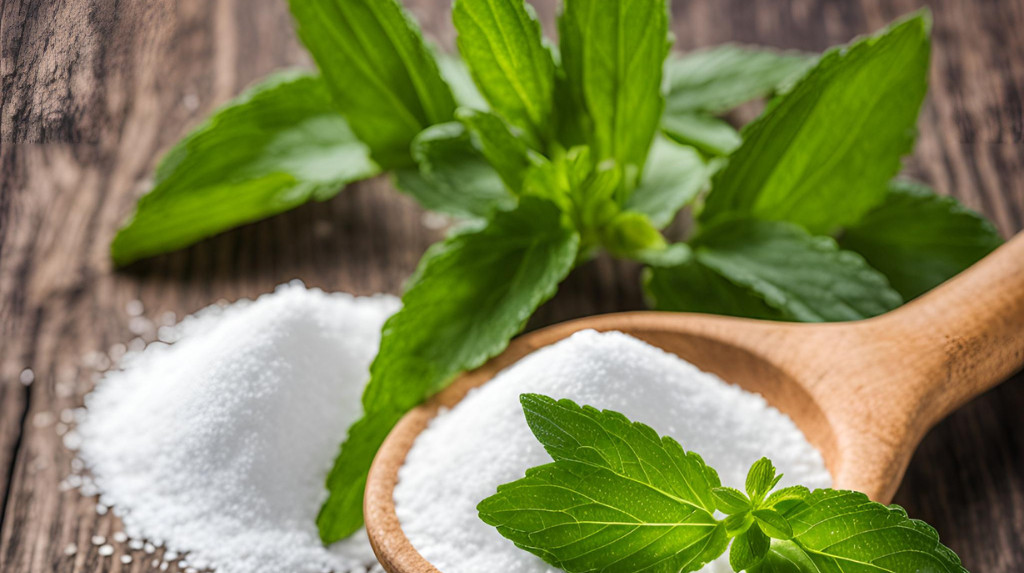
So what’s the best strategy? Stick to water, herbal teas, or black coffee as much as you can and when you do use sweeteners like stevia or xylitol, try to be mindful of how much you’re using, so it doesn’t end up fueling that sweet tooth in a different way.
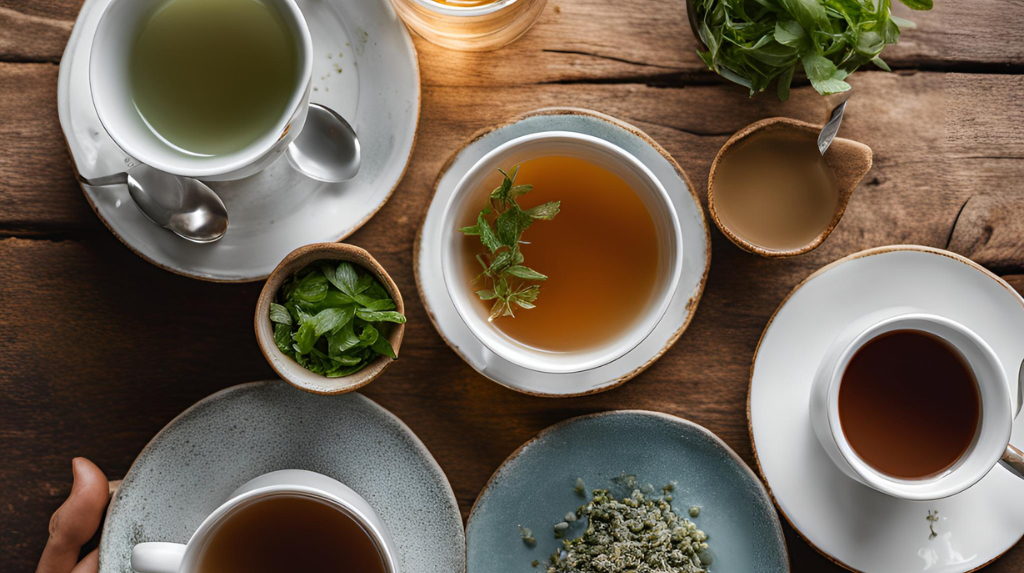
Here’s a little bonus tip that I’ve already eluded to. Sometimes when we think we’re hungry, we’re actually just thirsty! Staying hydrated can prevent unnecessary snacking, so make sure you’re drinking enough water throughout the day.

Finally let’s talk about “late-night snacking”. We’ve all been there – those post-dinner cravings strike and suddenly you’re raiding the fridge at 10 PM, but did you know eating late at night can actually block your body’s ability to burn fat while you sleep? Your body has a natural rhythm, and it burns calories more efficiently during the day.
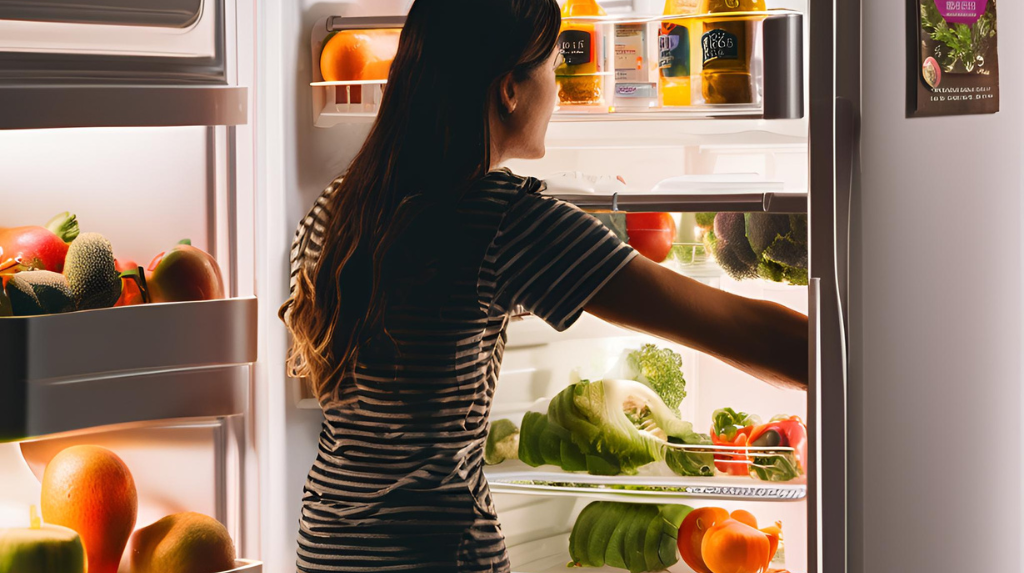
When you eat late, your body has a harder time metabolizing that food, which can lead to fat storage instead. Here’s where it gets even wilder: Studies found that people who regularly ate late at night not only gained more weight, but their DNA actually changed, making them more prone to store fat in the future. So it’s not just about the extra calories; late-night snacking can actually reprogram your metabolism.

And one more thing—eating late can interfere with your sleep quality. When you eat close to bedtime, it can spike your insulin levels which throws off your body’s natural production of melatonin, the hormone that regulates your sleep-wake cycle. Poor sleep messes with your hunger hormones, leaving you feeling hungrier the next day—so it’s a vicious cycle!

What’s the fix? Try having your last meal at least three hours before bed and make it something rich in protein to keep you full longer. If you can avoid those late-night snacks, your body can burn fat more effectively while you’re sleeping.
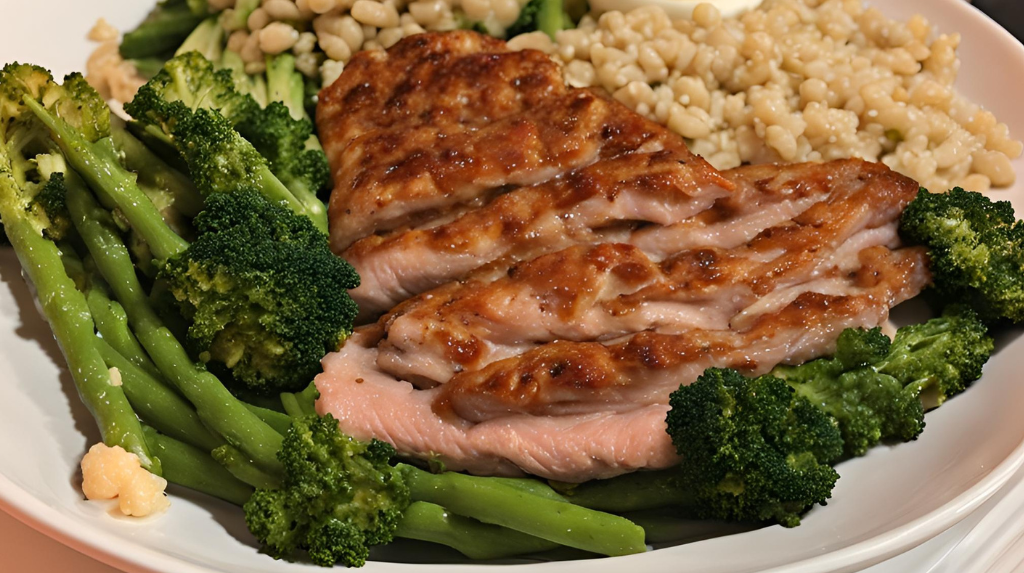
And that wraps up Part 3! Hopefully I gave you a few ‘Wait, What?!’ moments because some of these habits are sneaky and they can have a BIG impact on your lean goals. So what surprised you the most? Is it the mindless eating disrupting your gut health, or maybe the fact that late-night snacking could be rewriting your DNA? Let me know in the chat! Next week is our grand finale—Part 4—where we’ll dive into the lifestyle shifts that help you stay lean for life. Trust me, you don’t want to miss it!
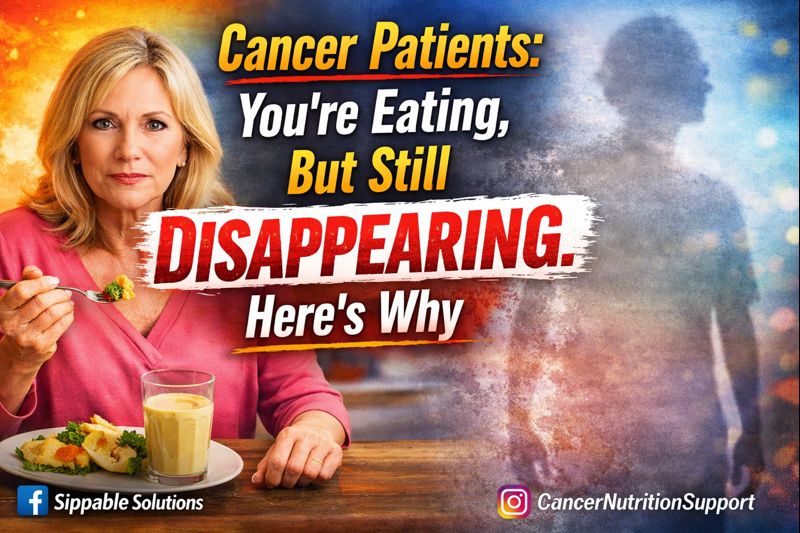

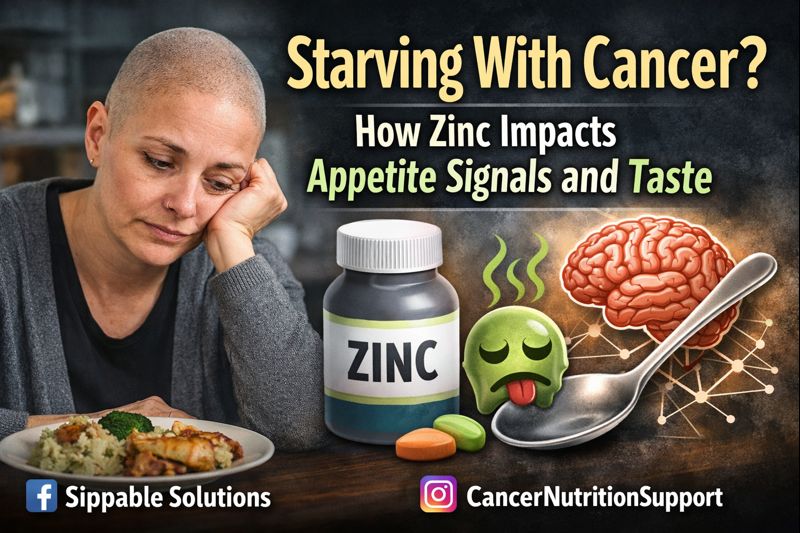
Facebook Comments